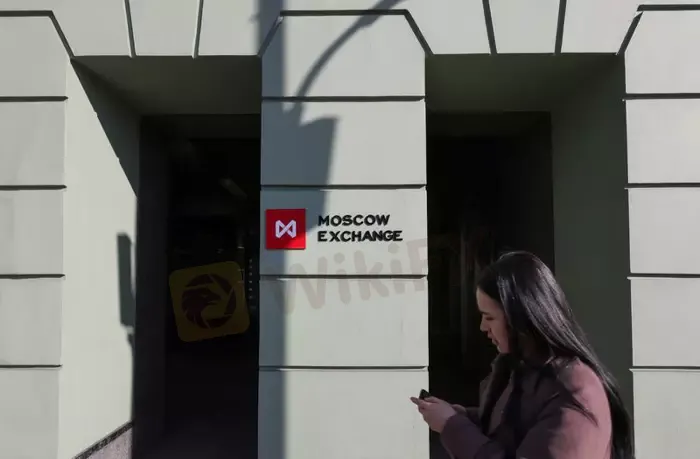简体中文
繁體中文
English
Pусский
日本語
ภาษาไทย
Tiếng Việt
Bahasa Indonesia
Español
हिन्दी
Filippiiniläinen
Français
Deutsch
Português
Türkçe
한국어
العربية
Moscow Exchange to reduce use of dollars as collateral
Abstract:The Moscow Exchange will cut the maximum amount of dollars it will accept as collateral to underwrite transactions, it said on Monday, as Russia is seeks to reduce its dependence on currencies of countries that have imposed sanctions on it.

Russian authorities have voiced concerns about individual and corporate holdings of dollars and other currencies that it terms “unfriendly”, calling for their conversion into alternatives.
The Moscow Exchange – the countrys largest bourse – said it will from Aug 15 halve the proportion of dollars in the collateral that users of its platform provide to carry out transactions to 25% from 50%.
De-dollarisation in Russia has gained pace since Western countries imposed unprecedented sanctions after Russia sent tens of thousands of troops into Ukraine on Feb. 24. The sanctions have impaired Moscows access to international economic and global trading systems.
The central bank said on Monday it planned to differentiate the cost of foreign currency loans for legal entities and their investments in debt securities depending on whether they were denominated in currencies of friendly or unfriendly countries.

Disclaimer:
The views in this article only represent the author's personal views, and do not constitute investment advice on this platform. This platform does not guarantee the accuracy, completeness and timeliness of the information in the article, and will not be liable for any loss caused by the use of or reliance on the information in the article.
Read more

Russia to Fully Ban Crypto Mining in 10 Regions Starting January 1, 2025
Starting from January 1, 2025, Russia will implement a comprehensive ban on cryptocurrency mining in 10 regions for a period of six years. The ban will remain in effect until March 15, 2031.

Why is there so much exposure against PrimeX Capital?
In recent months, PrimeX Capital, a Forex and CFD broker established in 2022, has become a subject of concern in the trading community. However, despite these enticing features, the broker's reputation has been severely tarnished by multiple complaints and a troubling lack of regulatory oversight.

The Hidden Checklist: Five Unconventional Steps to Vet Your Broker
Forex broker scams continue to evolve, employing new tactics to appear credible and mislead unsuspecting traders. Identifying these fraudulent schemes requires vigilance and strategies beyond the usual advice. Here are five effective methods to help traders assess the legitimacy of a forex broker and avoid potential pitfalls.

Doo Financial Obtains Licenses in BVI and Cayman Islands
Doo Financial, a subsidiary of Singapore-based Doo Group, has expanded its regulatory footprint by securing new offshore licenses from the British Virgin Islands Financial Services Commission (BVI FSC) and the Cayman Islands Monetary Authority (CIMA).
WikiFX Broker
Latest News
AIMS Broker Review
The Hidden Checklist: Five Unconventional Steps to Vet Your Broker
YAMARKETS' Jingle Bells Christmas Offer!
Why is there so much exposure against PrimeX Capital?
Russia to Fully Ban Crypto Mining in 10 Regions Starting January 1, 2025
MTrading’s 2025 "Welcome Bonus" is Here
Doo Financial Obtains Licenses in BVI and Cayman Islands
CFI’s New Initiative Aims to Promote Transparency in Trading
Currency Calculator


